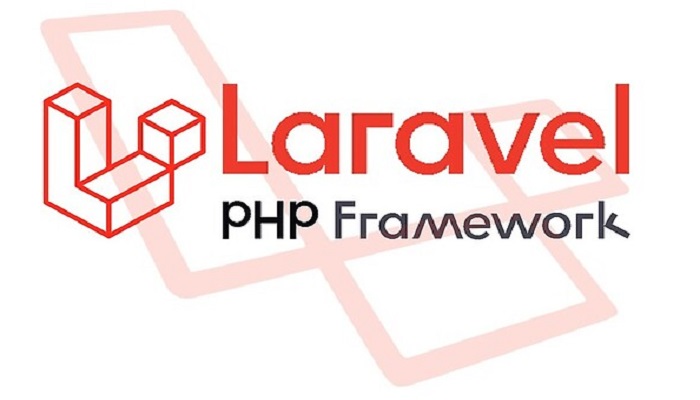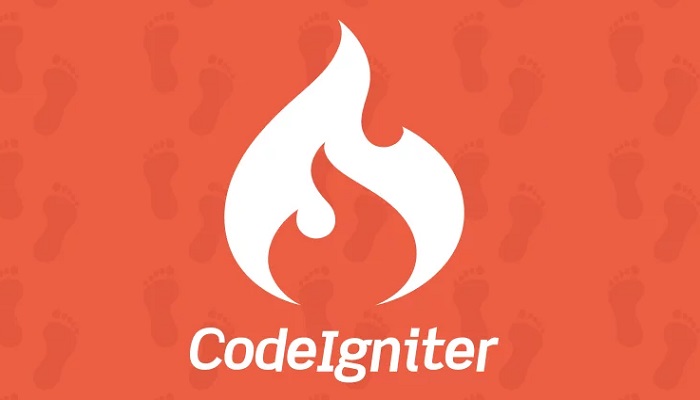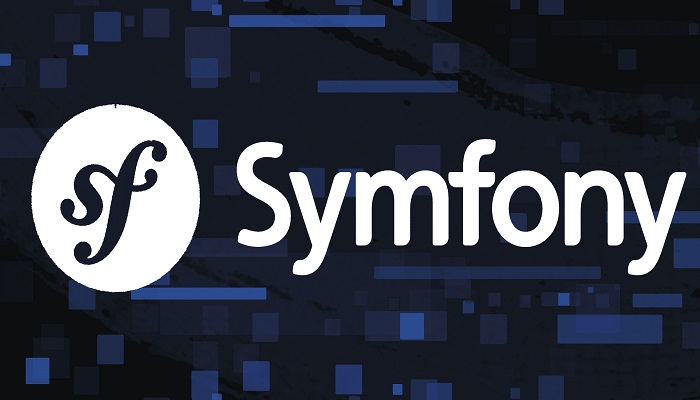When building web applications, PHP frameworks have become essential for developers who want to streamline their development processes, improve the performance of their applications, and maintain a clean codebase.
With so many frameworks available, selecting the right one for your needs can be challenging.
In this article, we have compiled a list of the 5 easiest PHP frameworks that not only simplify development but also help developers create high-quality applications quickly.
1. Laravel

Laravel is one of the most widely-used PHP frameworks today. Known for its elegant syntax, it simplifies routine tasks such as authentication, routing, sessions, and caching.
The framework offers a wide variety of tools that are designed to be powerful and intuitive, making it easier for both beginners and advanced developers to use.
Key Features of Laravel
- Elegant Syntax: Laravel’s syntax is expressive, making coding enjoyable and allowing developers to focus on building their applications rather than the intricacies of PHP.
- Blade Templating Engine: This lightweight templating engine comes with many powerful features like template inheritance, making it easy to build layouts.
- Eloquent ORM: This Object Relational Mapping system simplifies database queries by allowing developers to interact with databases using PHP syntax rather than SQL.
- Artisan Command-Line Interface (CLI): Laravel provides a robust set of built-in commands that allow developers to automate repetitive tasks.
- Extensive Documentation and Tutorials: Laravel’s detailed documentation and large community support make it an excellent choice for beginners.
Why Laravel is Easy to Use
Laravel is designed with simplicity in mind, yet it doesn’t compromise on functionality.
A massive ecosystem backs it and comes with tools like Laravel Forge and Laravel Vapor, which make deployment and management easier.
Moreover, its community support is unparalleled, with forums, blogs, and tutorials that provide assistance for almost any issue you may encounter.
2. CodeIgniter

CodeIgniter is another popular PHP framework known for its speed and small footprint.
If you are looking for a framework that doesn’t impose strict constraints on how you structure your application, CodeIgniter is a great option.
Its ease of use makes it an ideal choice for beginners who want to build powerful applications without a steep learning curve.
Key Features CodeIgniter
- Lightweight Framework: CodeIgniter is incredibly lightweight, which makes it faster and easier to learn.
- MVC Architecture: CodeIgniter follows the Model-View-Controller architecture, making it easier to separate business logic from the presentation layer.
- Simple Routing: Routing in CodeIgniter is intuitive, and configuring your URLs is straightforward.
- Security Features: The framework provides built-in security tools, including data validation, XSS filtering, and CSRF protection.
- Comprehensive Documentation: CodeIgniter’s user-friendly documentation helps developers get started quickly.
Why CodeIgniter is Easy to Use
CodeIgniter’s straightforward setup and configuration process make it a breeze for beginners.
With minimal installation steps and excellent documentation, developers can get started with minimal effort.
Its flexibility is also beneficial, as it allows developers to adopt various programming styles without being bound by strict conventions.
3. Symfony

Symfony is a highly flexible and scalable PHP framework often favored by developers who need to build large, complex applications. While it may appear more intricate than some other frameworks, Symfony provides a wide range of reusable PHP components that make development much easier once you are familiar with its structure.
Key Features of Symfony
- Reusability of Components: Symfony allows you to use specific components in various projects, saving time and effort.
- Modular Framework: Its modular architecture allows developers to choose which components they need, minimizing complexity.
- Twig Templating Engine: Symfony comes with its own templating engine that is both fast and secure.
- Comprehensive Testing: Symfony supports robust testing frameworks, which help ensure the reliability of applications.
- Highly Configurable: Its configuration options make Symfony one of the most flexible PHP frameworks available.
Why Symfony is Easy to Use
Symfony may initially seem complex, but once you get the hang of its modular design and reusable components, it becomes a powerful ally.
The framework’s detailed documentation and its massive community support ensure that you never feel lost.
Moreover, Symfony provides best practices for both development and testing, making it easier to maintain high-quality code.
4. Yii
Yii stands for “Yes It Is”, and the framework certainly lives up to its name by making web development both fast and straightforward.
It is an open-source framework designed for high-performance web applications, which also comes with a wealth of built-in features, making it one of the easiest PHP frameworks for modern web development.
Key Features Yii
- Performance-Oriented: Yii is one of the most performance-optimized PHP frameworks available, making it ideal for resource-intensive applications.
- Active Record Pattern: Yii implements the Active Record design pattern, making database interactions seamless.
- Gii Code Generator: The Gii tool in Yii provides a web-based interface to generate CRUD (Create, Read, Update, Delete) operations and models, reducing manual coding efforts.
- Comprehensive Security: Yii is equipped with several security measures, including input validation, output filtering, and protection against SQL injection.
- Widget System: Yii has a versatile widget system that allows you to embed reusable UI components in your views effortlessly.
Why Yii is Easy to Use
Yii’s well-organized structure, along with the Gii Code Generator, makes it incredibly easy for developers to jumpstart their projects.
The Active Record pattern simplifies database interaction, while its focus on performance ensures that your application runs smoothly even as it scales.
Its modular structure makes learning and adapting to Yii an easy process.
5. Phalcon
Phalcon is a high-performance PHP framework that is unique because it’s written in C and compiled as a PHP extension.
This design allows Phalcon to operate much faster than other PHP frameworks while still offering a rich set of features.
Key Features Phalcon
- Low Overhead: Phalcon’s low-level design ensures low overhead, which results in faster performance and better memory utilization.
- C-Based Framework: Since Phalcon is written in C, it allows developers to access its features without learning the language, providing PHP syntax for simplicity.
- Volt Templating Engine: Phalcon’s Volt is a fast and efficient templating engine that aids in designing clean layouts.
- MVC Architecture: It uses the MVC pattern, allowing for cleaner separation of concerns in your applications.
- Developer Tools: Phalcon provides a set of tools that simplify common development tasks such as scaffolding, migrations, and code generation.
Why Phalcon is Easy to Use
Although Phalcon operates differently from other PHP frameworks due to its unique architecture, its performance and ease of use make it a top choice.
With detailed documentation and a strong community, Phalcon provides the necessary resources for developers to get started quickly.
It is also one of the best options for applications that require speed and scalability.
Conclusion on Easy PHP Framework
The best PHP framework for your needs ultimately depends on the complexity of the application you plan to build and your level of expertise.
Laravel, with its extensive feature set and easy-to-use tools, remains a developer favorite, while CodeIgniter and Yii offer simplicity and performance for smaller or less complex projects.
Symfony and Phalcon, on the other hand, cater to more performance-driven or large-scale projects.
Each of these frameworks offers its unique advantages, making them suitable for different types of applications and developer skill levels.

